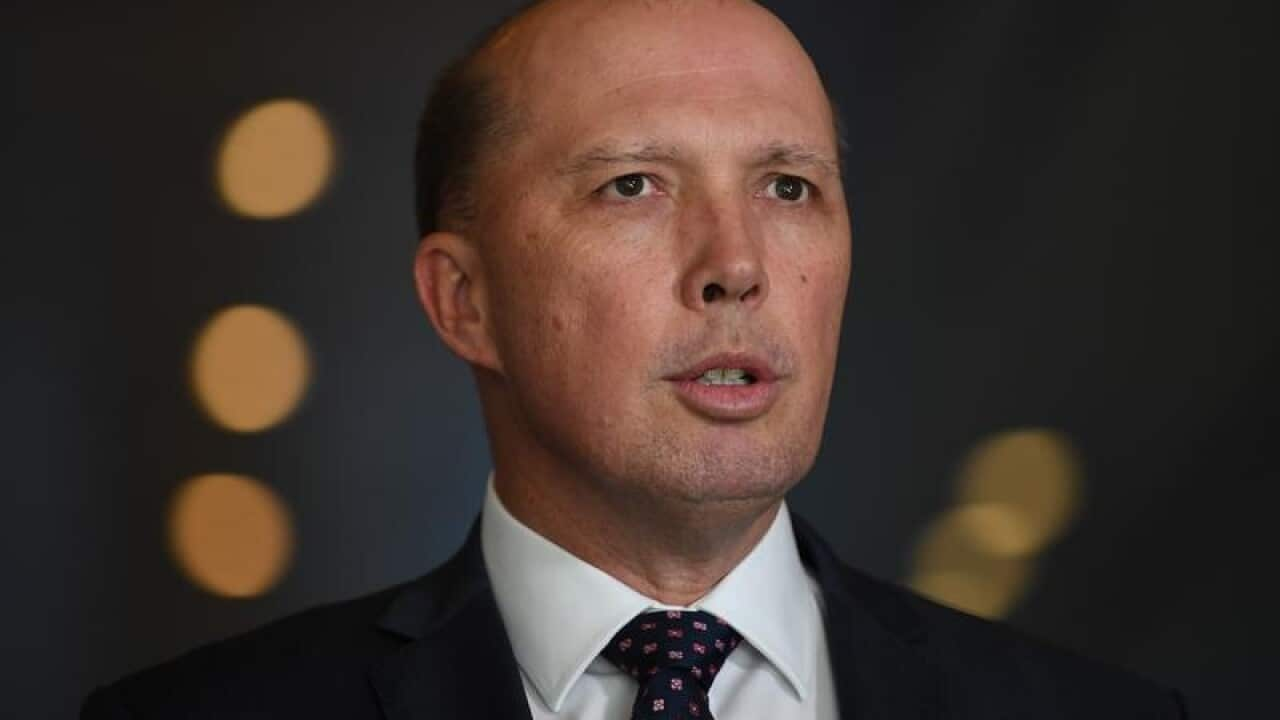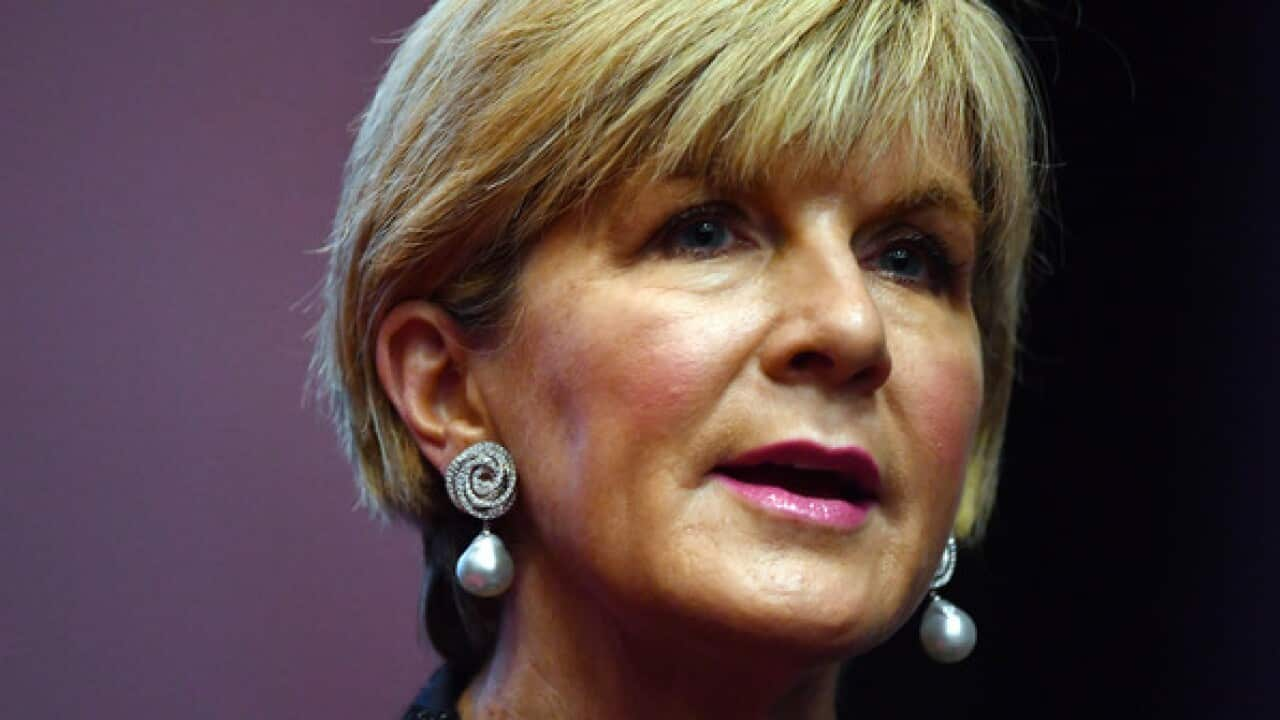The decision will disappoint refugee advocates and United Nations agencies, which are struggling to cope with millions displaced by several major wars.
In the 2016 fiscal year, the US accepted 84,995 refugees from around the world. This year it is on course to take in about 50,000.
The US is still the world's biggest destination for refugees, but arrivals are well down from a high of more than 200,000 in 1980.
And President Donald Trump has made no secret of his hostility to resettlement, having ordered a moratorium on new arrivals and tougher background checks.
Officials said they plan to complete a review of security procedures for vetting new arrivals by next month, but arrivals next year will be reduced.
"The security and safety of the American people is our chief concern," a senior US official told reporters on a call to announce the new figure.
"We need to ensure refugee resettlement opportunities go to those who are eligible for such protection and who are not known to present a risk to the safety or the security of our country."
Those who are accepted for resettlement in the United States are selected by the United Nations refugee agency from among the most vulnerable displaced people.
Widows with children, the elderly and the disabled are given priority and subjected to a thorough screening process by US security and intelligence agencies.
The process takes between 18 months and two years, and only then are the refugees assigned to resettlement agencies working under contract with the State Department.
The agencies help families find housing and employment, mainly in small and medium cities around the United States.
Nevertheless, Trump has ordered a security review to further tighten procedures, slowing acceptances.
The International Refugee Assistance Project, part of the New York-based Urban Justice Center, condemned the announcement as a case of the United States abdicating its leadership role on humanitarian issues at time when the world is grappling with the largest number of refugees since World War II.
"Resettlement is only an option in the most urgent refugee cases," Betsy Fisher, IRAP's policy director, said.
"It's hard to comprehend why the administration would move to limit resettlement, when the need is greater than ever. We are abandoning desperate people in life-or-death situations, including children with medical emergencies, US wartime allies, and survivors of torture."











